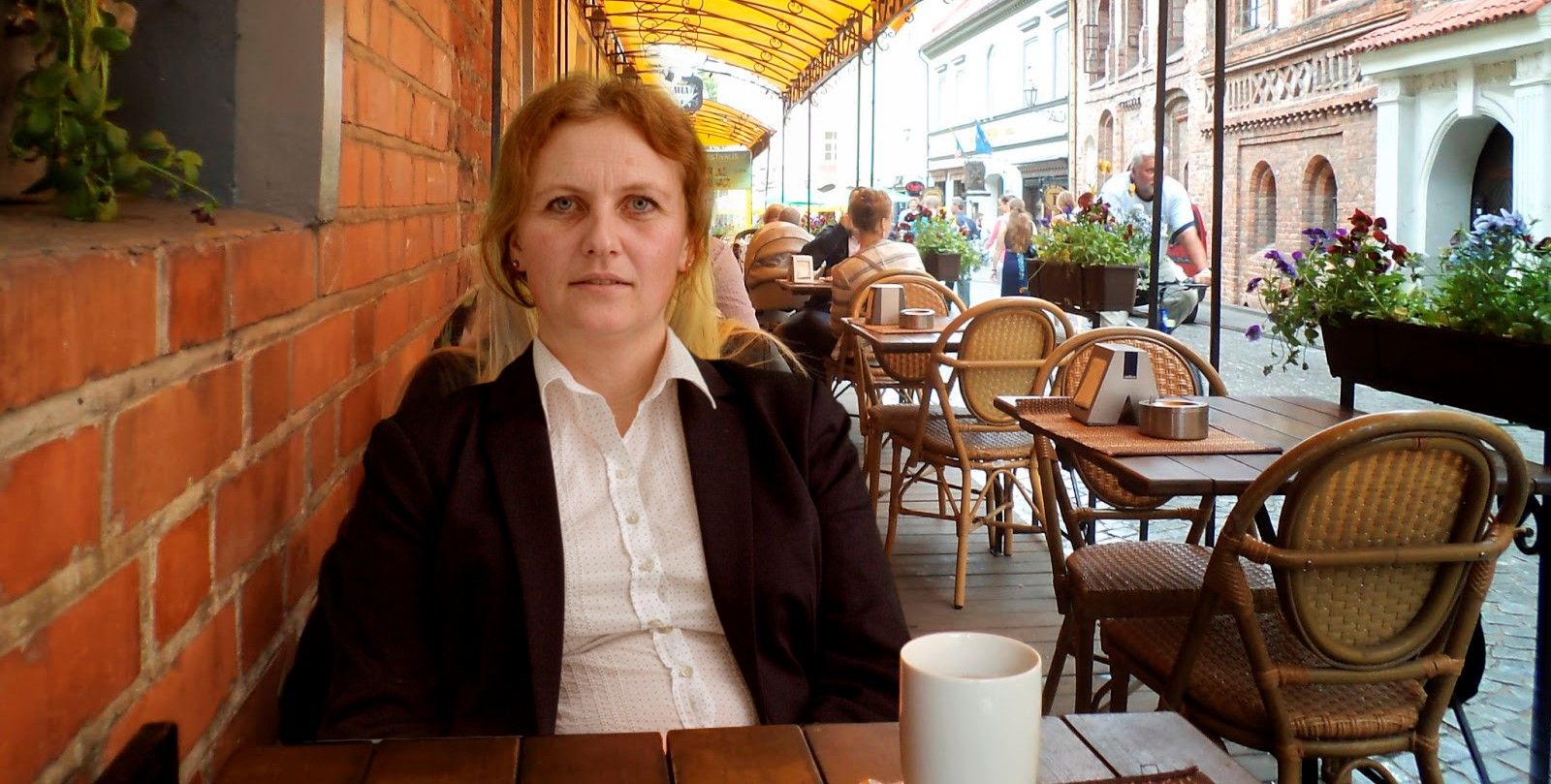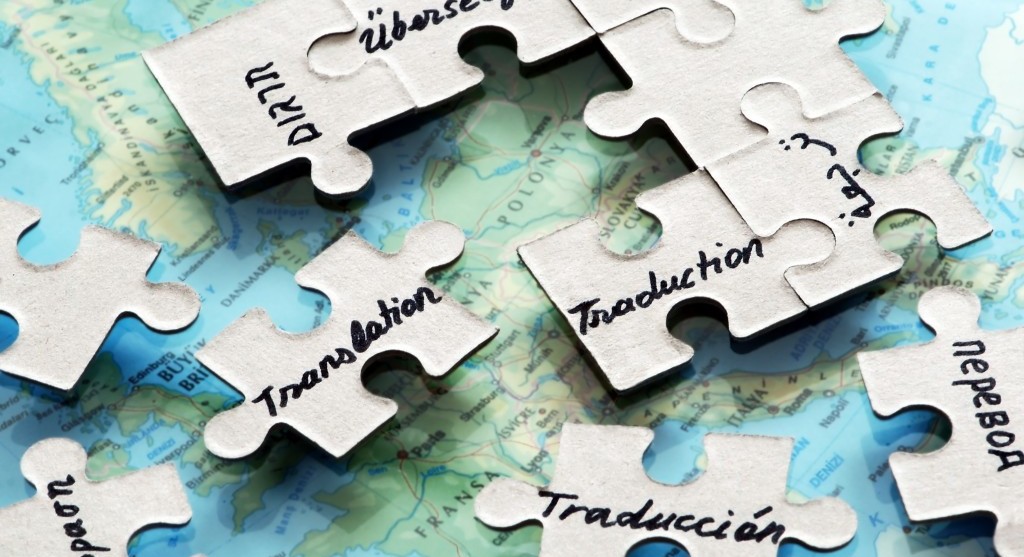In this age of translation software and quick and easy automated cheats, including the dreaded Google Translate, it is tempting to believe that professional translation services are no longer necessary. Surely technology and modern advances in automated linguistics have rendered human beings unnecessary in this field, right? Wrong!
For sure, there are plenty of great tools available and they can be great for getting a general gist of the meaning and in the hands of a professionals are certainly big labour-savers. But left purely to their own devices and in the hands of amateurs, they can actually be pretty disastrous. We have all had a good laugh at the mis-translated signs and menus and so on that we run into on our travels.
But what about professional translators? Armed with all of their hard-won knowledge of languages and perhaps with the use of automated translation software, perhaps they will be able to translate effectively into a non-native language? Unfortunately the answer is still no, at least if we are talking about professional standards. Sure, most professional translators who translate from one or more foreign languages into their own native languages could probably flip it around and translate into one of their secondary languages. But would the results be up to scratch in terms of quality? Almost certainly not. What about those who having lived in their host country for years and have attained a very high degree of fluency? Would they be an exception? Nothing is impossible, but even with that there could be fairly serious issues.
THE DIFFERENCE BETWEEN FLUENT AND NATIVE
So what’s the problem here? Well the key word is native. The difference between very advanced or even fluent and native can actually be massive. While being fluent or very advanced in a language is a great achievement and impressive, no-one would mistake a fluent speaker with a native speaker . They are really like night and day. Let’s take Arnold Schwarzenegger as a perfect example, familiar to almost everybody. While he is certainly a totally fluent English speaker and expresses himself perfectly well, no one would mistake him for a native-born English speaker, that’s for sure. And while his written English is probably of decent quality, he wouldn’t be the guy you got to translate German into English. But the other way around as a native translator, absolutely.
I personally know many native Spanish speakers who have attained a high level of fluency in English and who are able to converse extremely well and understand 99% of what is being said, written or spoken. But what’s interesting is that one for one, their written English has noticeable flaws. While in all case the level is acceptable and in some cases even excellent when judged by the criteria of a secondary language, compared to a native somewhat-educated standard, there were always noticeable issues. So if there are problems according to this modest standard, we can say that it would fall well short of anything professional. Trying to impressive a native speaker with native-level writing is probably not a realistic goal. The point is, that in our own languages, mistakes and odd phrasings, out of place expressions and prose that doesn’t flow well, all have a way of leaping out at us and drawing attention to themselves.
NATIVE TRANSLATION
That’s why, here at BIG TRANSLATION we always insist on our translators translating into their native language only, to ensure the highest possible quality. Therefore you can trust us to flawlessly translate your blogs, websites or any other promotional materials for your business into the target language. Our required standard is that translations never come across as translations, but always as a piece of original writing, written for the first time in the target language.



